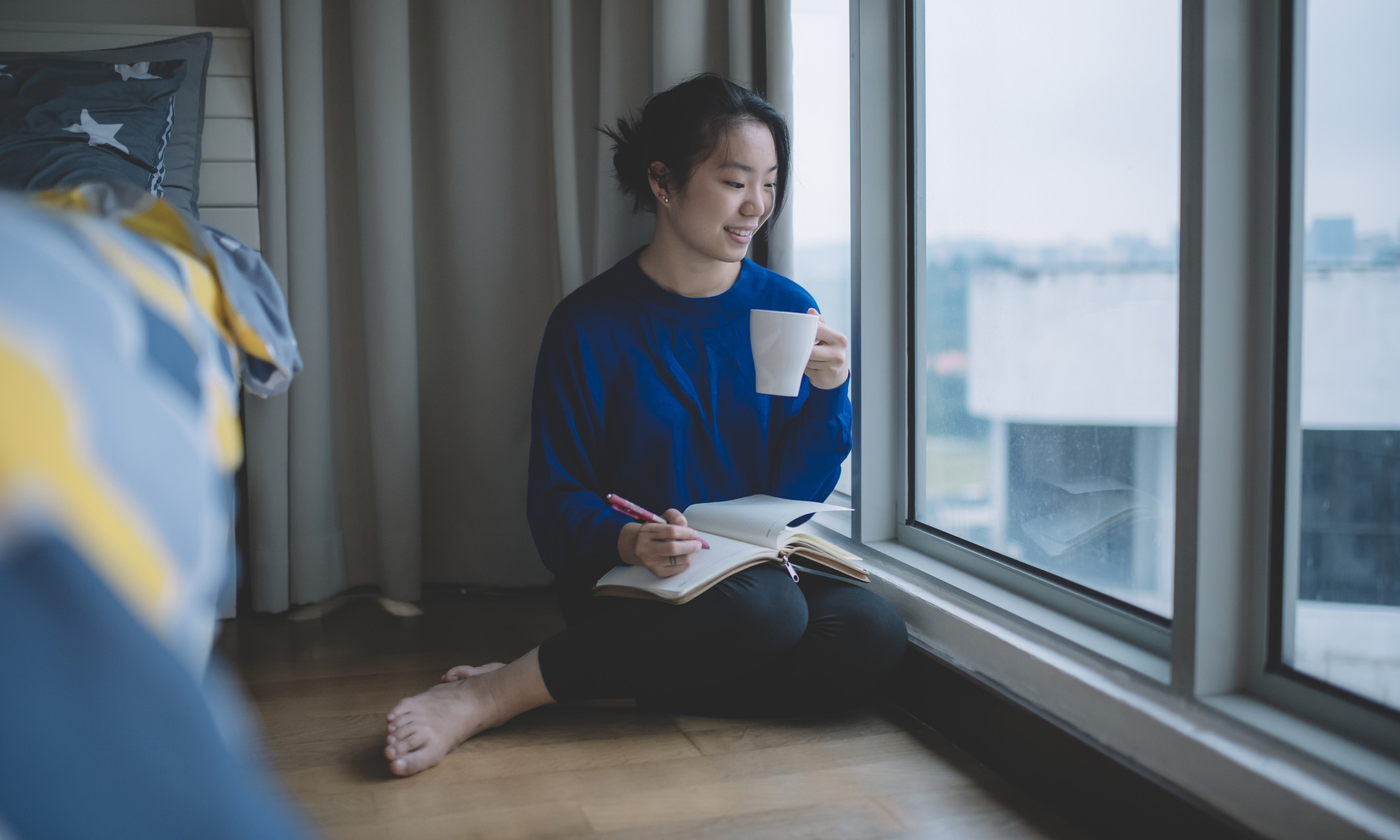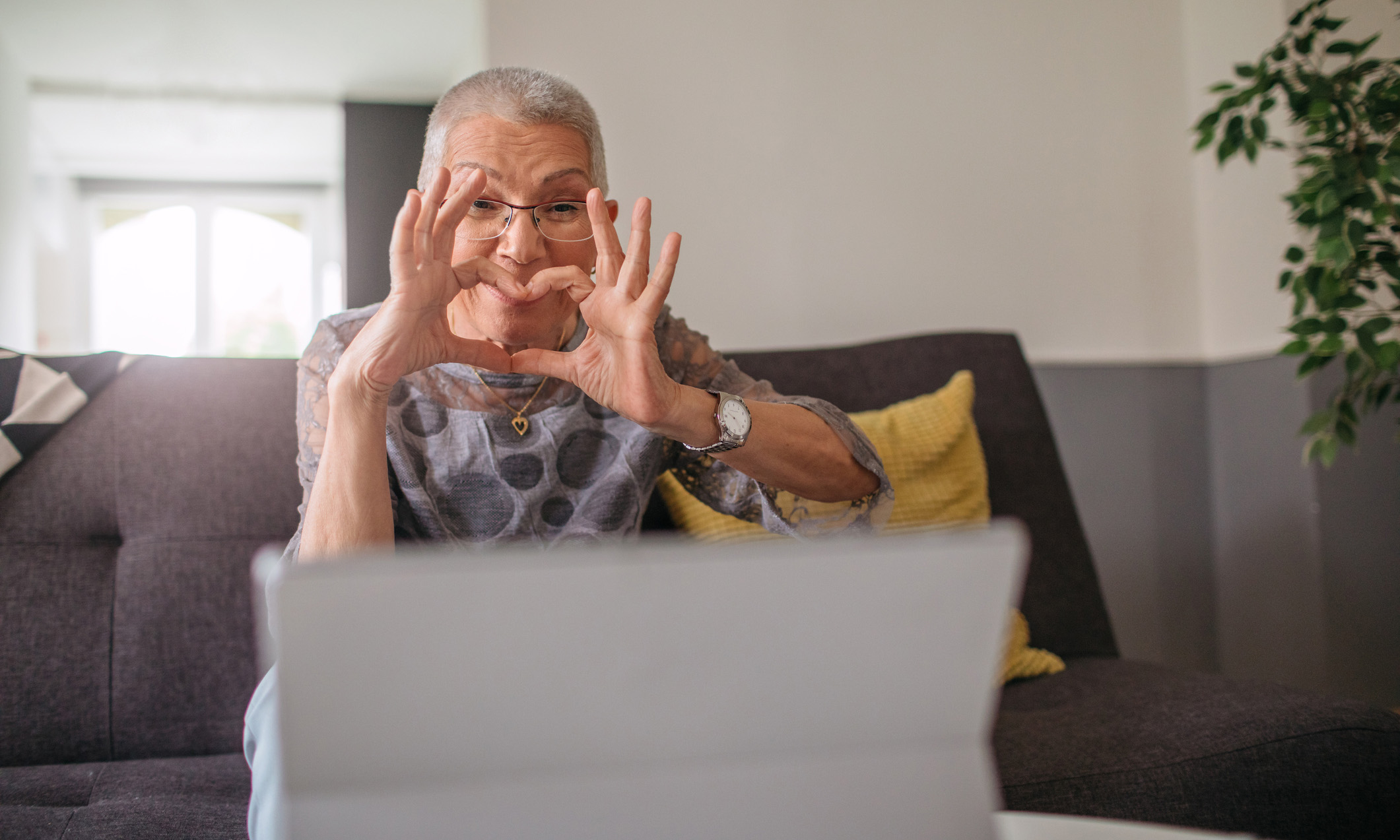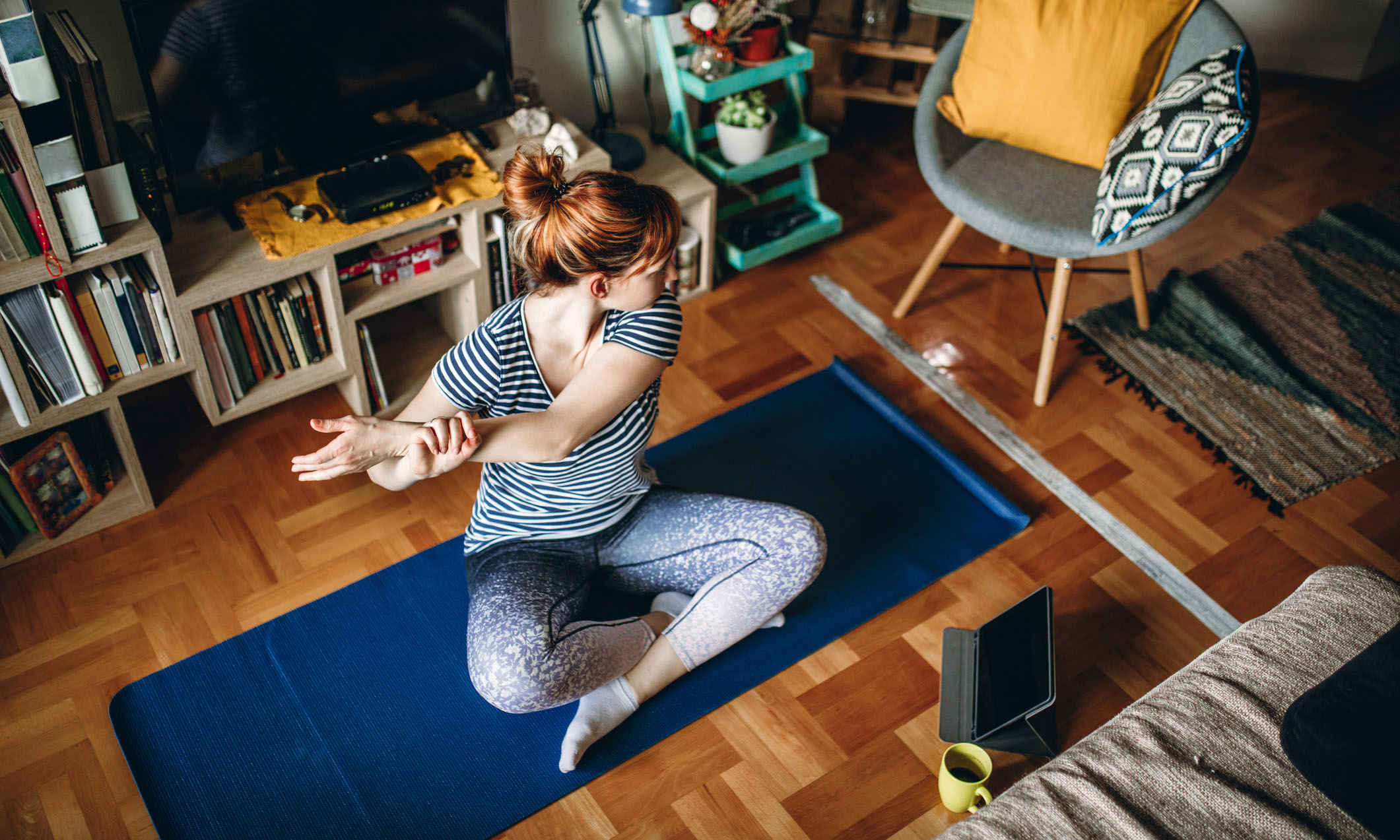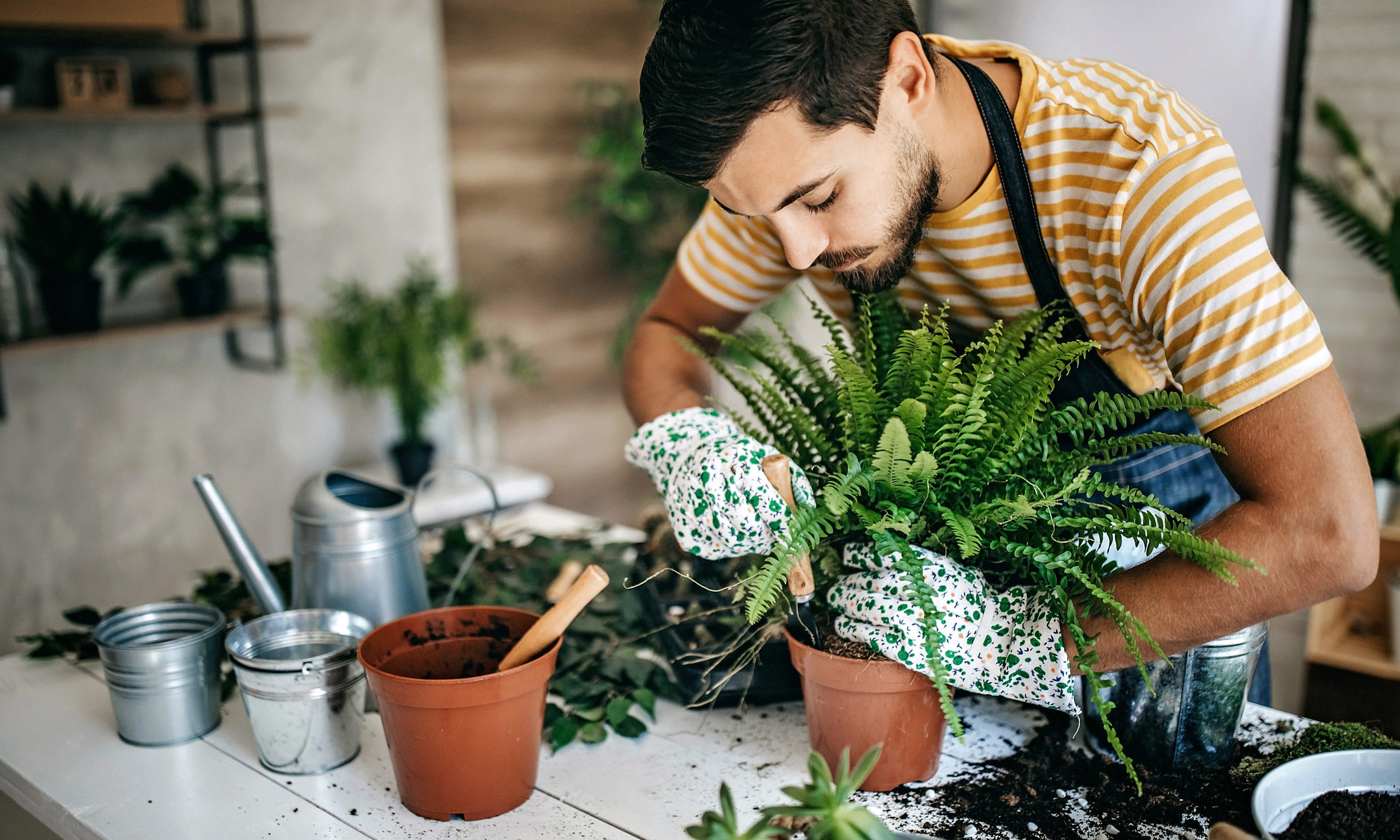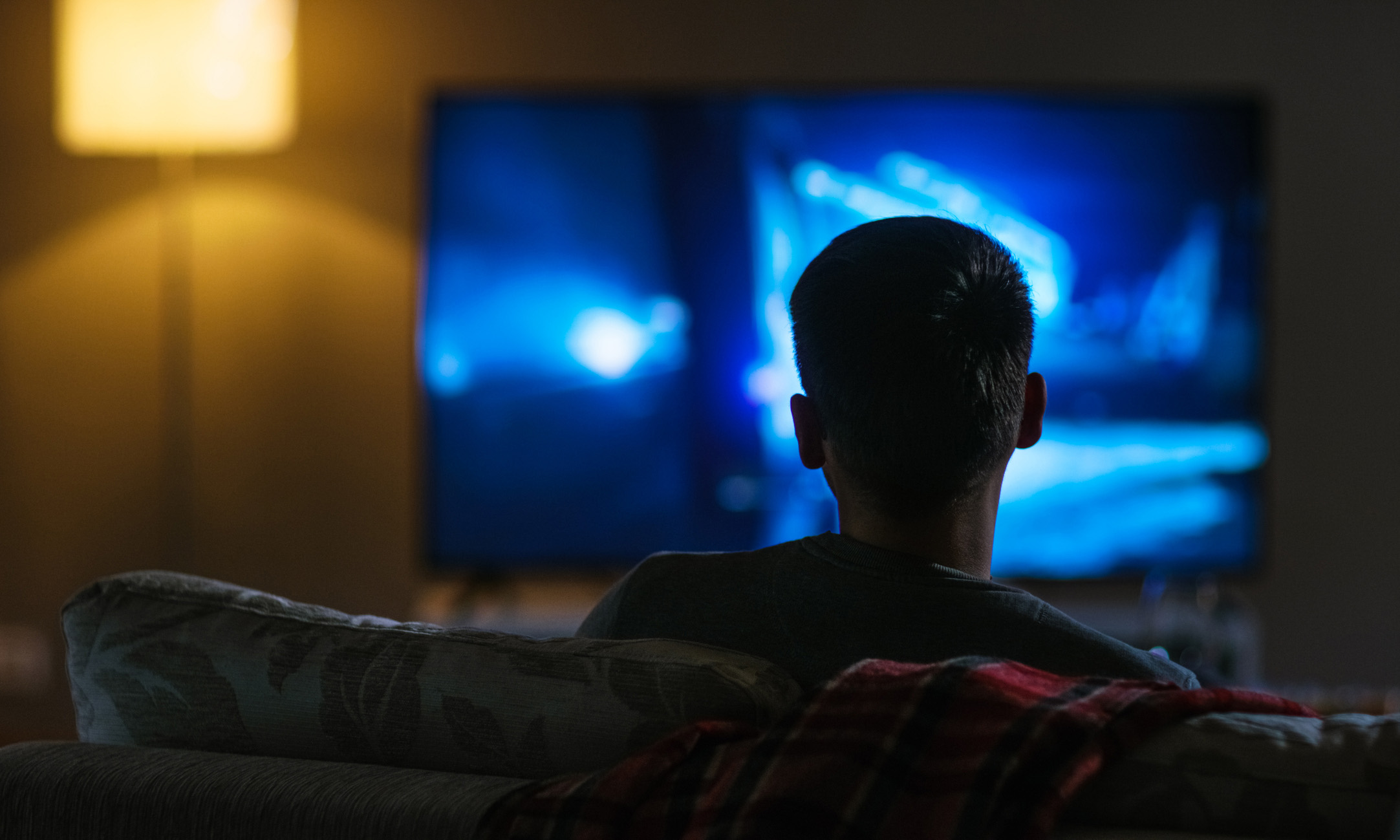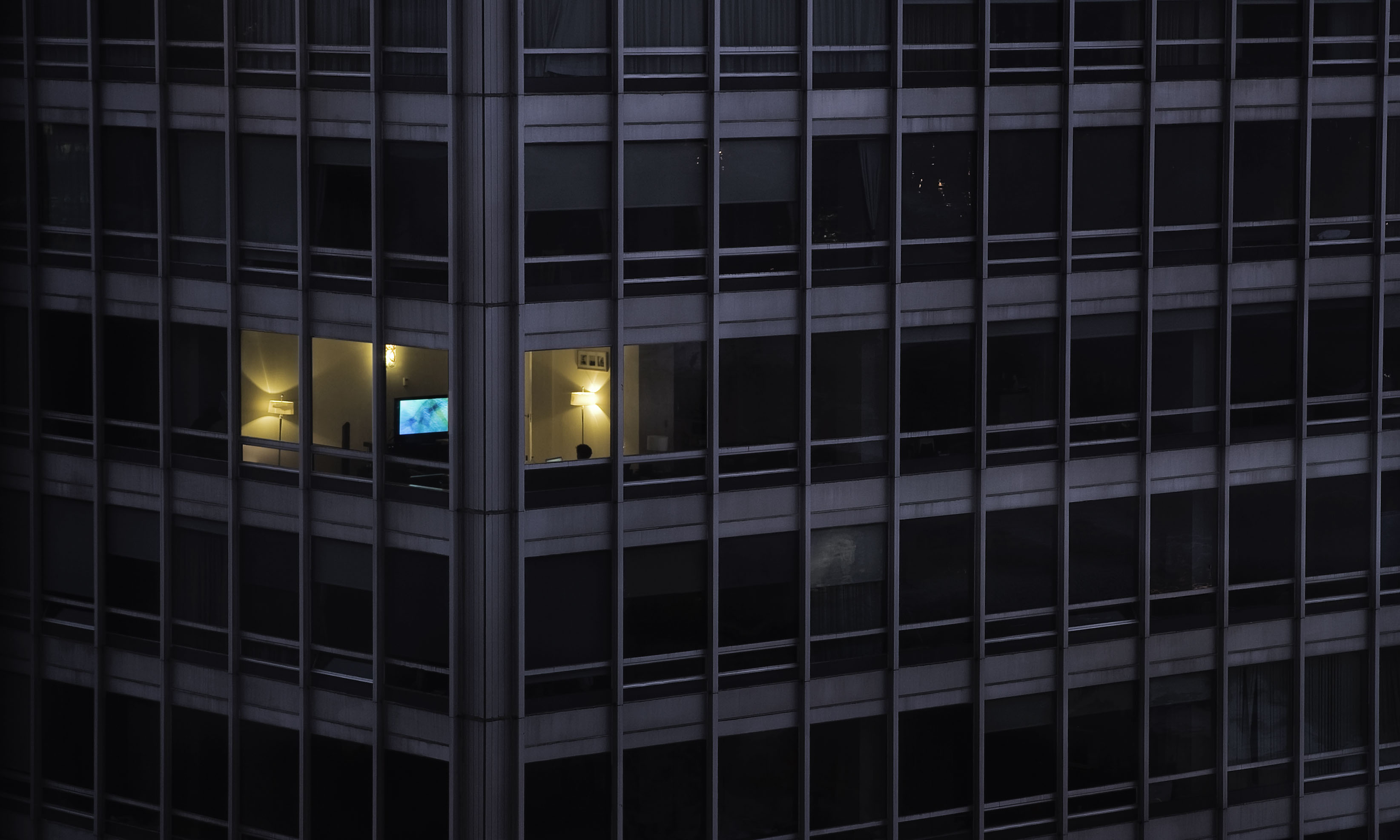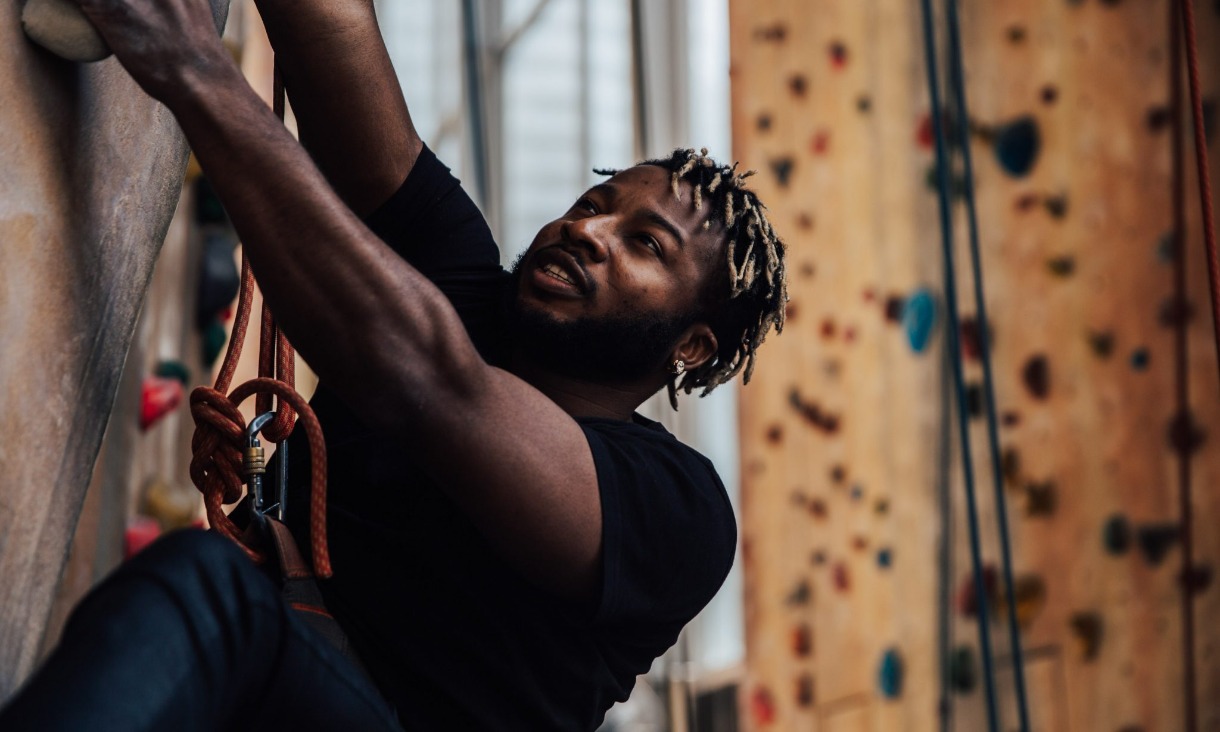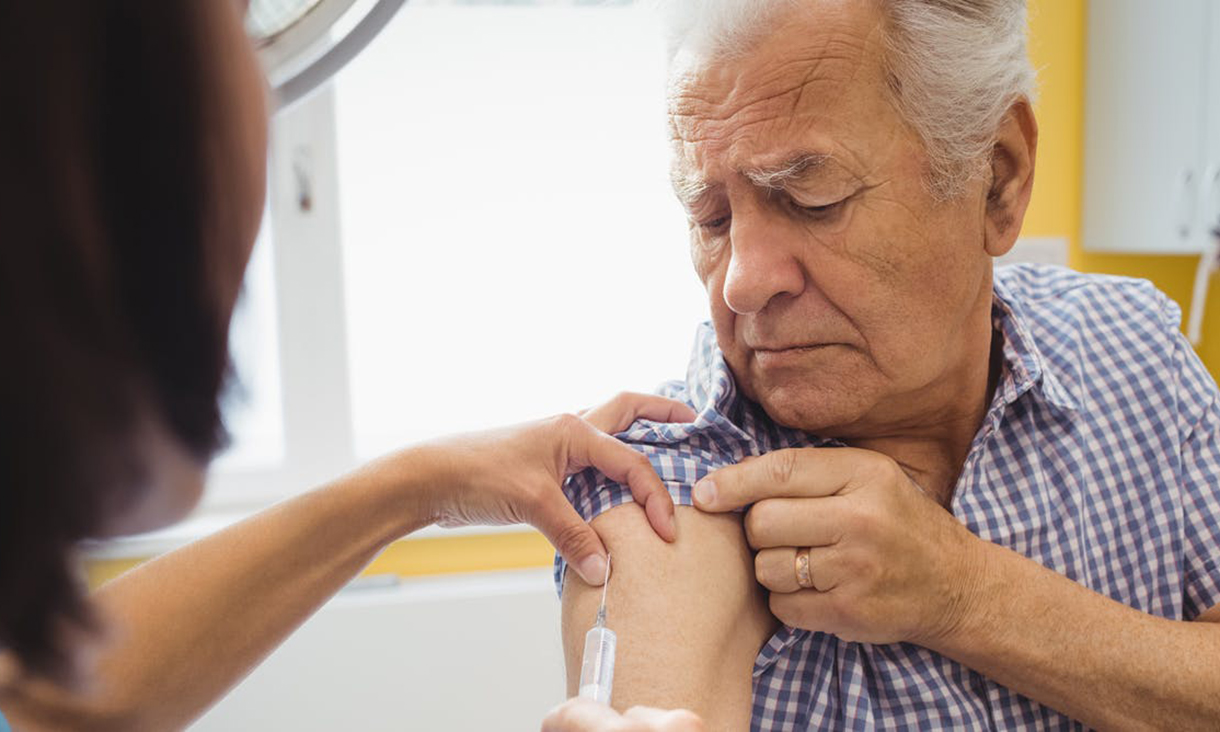‘Parts of life will be damaged forever’ — arts workers describe the pandemic’s impact on their mental health
Researchers interviewed Victorians working — or not working — in the arts during the pandemic lockdown to learn about their mental health.
Workforce innovation in times of uncertainty
The future of work is upon us and nothing has made that more apparent than the changes society has faced in the past few weeks.
Why we should prioritise older people when we get a COVID vaccine
Distributing a vaccine is a bit like boarding a plane — we can’t all board at the same time. So who gets priority? There are a few reasons we should consider vaccinating older people first.
What’s next for the future of nutrition?
Forget kombucha and think bugs – an RMIT expert says we need to look towards nutrients and foods that are both kinder to us, and to the planet.

